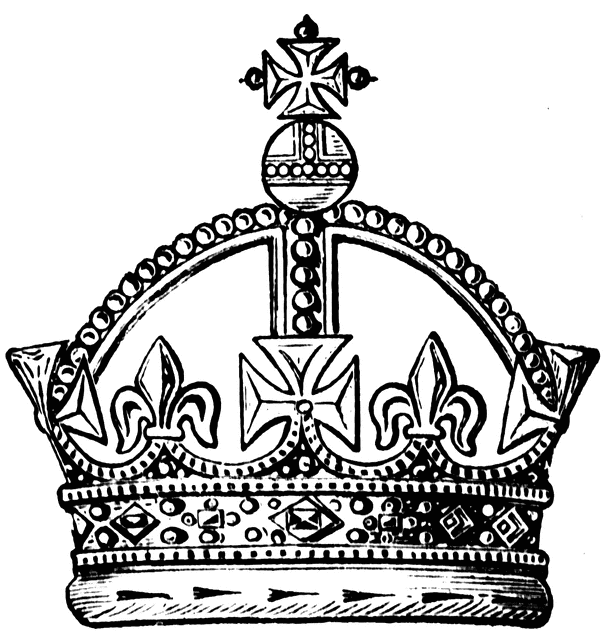This is just FYI. You remember that I referred to a public meeting coming up for supporters of "that petition". It was held last night while I was at an important ecumenical meeting.
I add no comments to this piece, since I wasn't there, but Andrew Rabel (who was) has written what appears to be a very good summary of the event. I do put this up with some trepidation, as I know it will be fuel to the fire of some who see such actions of dissent as proof to the apostacy of the Catholic Church. I simply point to the fact that
1) the teachings of the Church are quite clear even if there are many who do not want to hear them, and
2) the "disruptors" were a group of
young people while the presenters were generally from the ranks of the over 60's.
DISSENTERS MEETING DISRUPTED:
Special Report by Andrew Rabel
On the evening of November 22, 2007 in Melbourne, Australia a well organized public meeting of dissenters to the Catholic faith, was disrupted by a group of mainly young persons, who protested their loyalty to the Holy Father and the Magisterium.
Held under the auspices of a newly named organization called Catholics for Ministry, the group in conjunction with a previously long established organization subversive of church teaching known as Catalyst for Renewal has this last few weeks been organizing a nation wide petition to the upcoming meeting of the Australian Bishops Conference later in the month, asking for the ordination of married men to the priesthood, the employment of ex-priests in church ministry, and for discussion on the ordination of women. The petition has received 11,000 signatures according to organizers.
At one point, the organizers threatened to extricate the vocal group from the auditorium seated in the front who held up copies of the Catechism of the Catholic Church, rosary beads, and placards with signs like "Women Priests. Don’t you understand the word no" and "We profess loyalty to the Holy Father", as the speakers gave their presentations. There were several hundred persons assembled in the Camberwell Civic Centre (the location of the conference) mainly of middle aged and elderly persons.
One young member of the vocal group who was being shouted down was threatened with assault by one of the organizers, "I will hit you if you keep on doing this", creating a situation of near pandemonium and a threat from the floor to end the meeting, but eventually tempers cooled.
At least where Australia is concerned, there is little doubt the tensions that followed in the wake of the Second Vatican Council, are alive and well and are evidence of the existence of parallel church structures that profess to be Catholic. Mrs Veronica Sidhu, a well known Catholic laywoman in Melbourne, an organizer of the counter protest said, "Catholic people are just sick and tired of the dissent to church teaching that appears to be tolerated in official circles."
The keynote speaker to the address was Mr Paul Collins, religious broadcaster and former Catholic priest who left his ministry in 2001 in the middle of an investigation by the Vatican of his then published book Papal Power which indicated the papacy as practiced in the contemporary church is an anachronism, and should embrace democratic structures.
When someone referred to the fact that the then Cardinal Ratzinger who was conducting the investigation was now the pope, Collins referred to his record of defense of the former head of the CDF, a very hollow claim in light of his published book, and his previous work, Mixed Blessings.
In his paper he drew attention to the tremendous shortage of priests in the country, and how the present situation is unsustainable for church ministry, despite the fact that Australia has one of the best parishioner-to-priest ratios in the world.
Dr Anne O’Brien, educator and former official of the Catholic Education Office in Melbourne indicated that the Church must adapt to present day viewpoints and perceptions, and that notions like salvation and redemption were outmoded. Looking at the young people in the front she commented that she had taught many youngsters like this over the years.
Ms Marilyn Hatton, (now the wife of Mr Collins) co-convener of a group called the Ordination of Catholic Women, said in light of the drastic shortage of priests, it was the time the Church appreciated the scriptural evidence that there were no barriers to women’s ordination, despite the definitive judgment of Pope John Paul in Ordinatio Sacerdotalis, that the Church is not authorized to ordain women as clergy.
Mr Terry Curtin, a former leader of a parish in Aspendale, that was part of an experiment conducted by the Archdiocese of Melbourne in the early 1990s to have a parish run by a layperson, referred to the positive aspects of his ministry that was later discontinued, making a very strong plug for the ordination of married men. He said the then Archbishop George Pell didn’t have an ideological problem with married priests, but feared the departure of celibate men from the priesthood, in discontinuing the experiment. More likely, it would have been for his strong defense of the Catholic priesthood and much repeated notion that "I will not have my priests deprived of their ministry" when heading the archdioceses of both Melbourne and Sydney.
Critics of the young people in the audience accused them of being discourteous, calling out and not letting the speakers be heard, but they said it was the Catholic position that was silenced at this meeting.






 Next Mass: Feast of Christ the King, Sunday, 25 November 2007 at 6pm
Next Mass: Feast of Christ the King, Sunday, 25 November 2007 at 6pm

.JPG)







